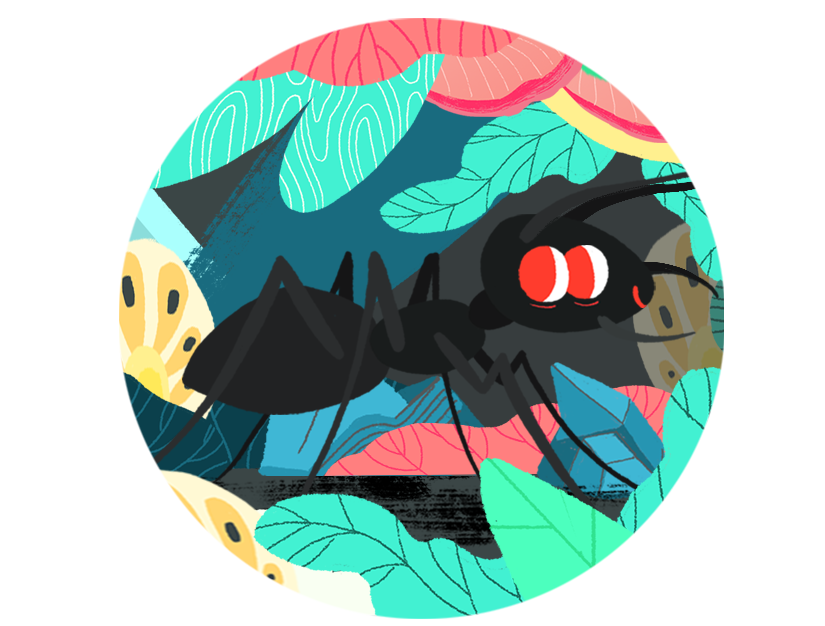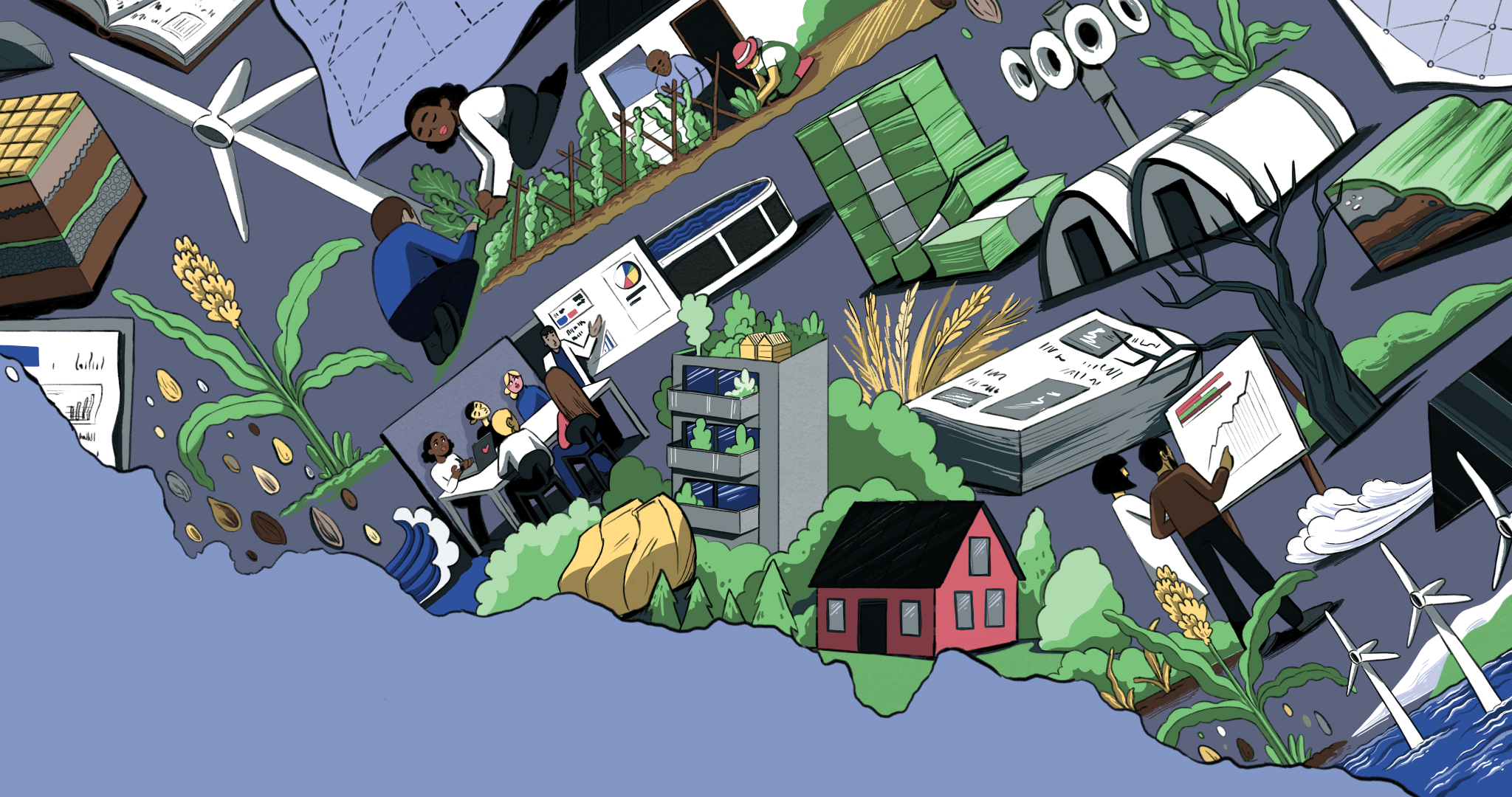Regions 4 Climate
The Regions4Climate project aims to collaboratively develop and demonstrate a socially-just transition to climate resilience. Based on cross-sectoral roadmaps developed together with regional stakeholders, the project will create and implement innovations combining sociocultural, technological, digital, business, governance, and environmental solutions to reduce the vulnerability of European regions to the impacts of climate change.
Building Resilient communities
First 2 films in a series of 5
Creating a Just transition to climate resilience - leaving no-one behind
Understanding vulnerability and Risk - In the context of climate change
Sustainable Green Businesses - Currently in progress
Our world is changing. We need to better understand how we as a society can become more climate resilient, and how this transition can occur in a socially just way. Everyone alive today will experience the effects of climate change. Most of us already are. “Creating a Just Transition to Climate Resilience: Leaving No One Behind” is a 2-minute animation exploring the diverse impacts of climate change on individuals across various walks of life. The video is part of the Regions4Climate project, which aims to collaboratively develop and demonstrate a socially-just transition to climate resilience. Based on cross-sectoral roadmaps developed together with regional stakeholders, the project will create and implement innovations combining sociocultural, technological, digital, business, governance, and environmental solutions to reduce the vulnerability of European regions to the impacts of climate change. “Creating a just transition to climate resilience - Leaving no one behind” gives an insight into how 5 different lives and characters - represented by the nature and 4 humans at different ages and life situations - are affected by climate challenges, and how climate impacts and risks affect places and communities unequally.
Credits: Written and Directed by Mette Ilene Holmriis Produced by Sia Søndergaard/Sci-Vi productions Co-production: Theis Raaschou Andersen/VIA UC Narrated by Jodi Ghani Nordby Music and sound Thomas Richard Guldsten Christensen/Audiogangsters Research advisor from Regions4Climate: Johannes Klein/ Demos Helsinki Initiated by Research Centre for Built Environment, Climate, Water Technology and Digitalisation/Centre for Applied Research & Development, VIA University College as part of Regions4Climate. 👉 Regions4Climate Website: https://regions4climate.eu/ 👉 VIA Research Centre Website: https://www.via.dk/forskning/byggeri-klima...
Climate change-related risk is complex and dynamic. How we asses it, will influence the way we respond to it as societies. The purpose of the Region4Climate Risk Assessment Framework is to support a socially just transition to climate resilience. Risk is located at the centre of the framework. In the Regions4Climate project, three key risks have been identified among the participating regions; coastal flood on built environment; heat stress on population; and drought on agriculture activity. The short animated film give an insight into how these risks are determined based on the dynamic interactions of climate-related hazards, exposure, vulnerability, and – not the least –by human responses to climate change
Credits: Directed by Mette Ilene Holmriis Written by Mette Juhl Jessen, María Puig Fuentenebro, Christian Fertner and Daniel Navarro Produced by Sia Søndergaard/Sci-Vi productions Co-produced by Thomas Bøgevald Bjørnsten/VIA UC Narrated by Jodi Ghani Nordby/Jody Prody Music and sound Thomas Richard Guldsten Christensen/Audiogangsters Research advisors from Regions4Climate: Christian Fertner and Mette Juhl Jessen/KU, Daniel Navarro and Maria Fuen Fuentenebro/Tecnalia Initiated by Research Centre for Built Environment, Climate, Water Technology and Digitalisation/Centre for Applied Research & Development, VIA University College as part of Regions4Climate.



